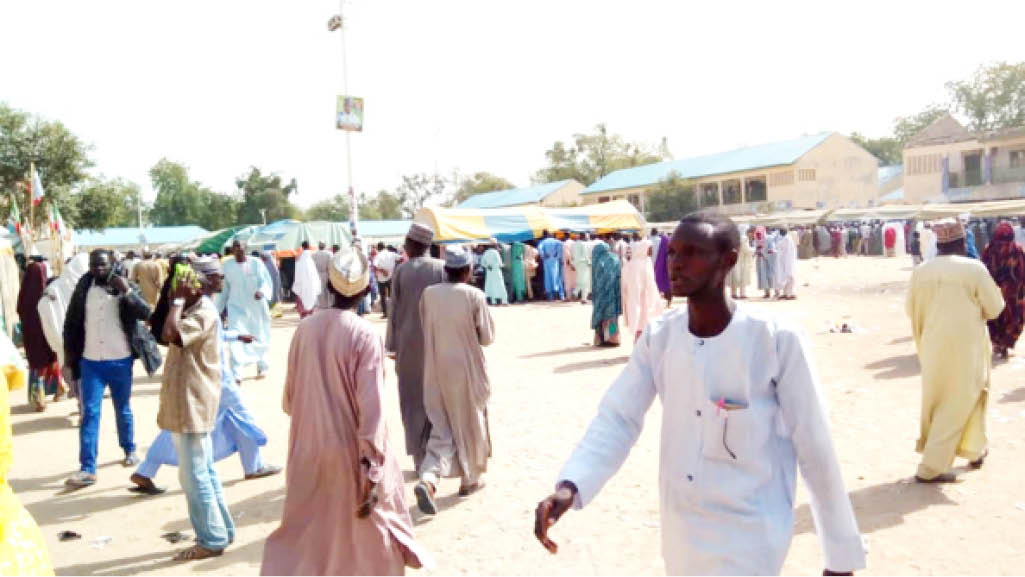The Minister of Humanitarian Affairs, Disaster Management and Social Development, Sadiya Umar Farouq, says 330,000 Nigerians are refugees in Chad, Niger Republic and Cameroon owing to protracted insurgency and banditry in the north as well as farmers-herders clashes in most parts of the country.
She said this on Saturday during a Chatham House Webinar to discuss Nigeria’s humanitarian challenges and worsening food crises in the country.
The minister said the refugees included 16,634 in Chad, 118,409 in Cameroon and 186,957 in Niger Republic.
She said communal and the farmers/herdsmen clashes in the Middle Belt and the Southern region as well as floods, drought, fires and industrial accidents were responsible for surging numbers of Nigerian refugees in neighbouring countries.
She recalled that the World Food Programme (WFP) estimated that 3.4 million people were facing acute hunger in Borno, Yobe and Adamawa States, and another 4.3 million dependent on food assistance from the government or multilateral organisations across the country.
She said her ministry had launched two key frameworks aimed at boosting humanitarian actions and making them more practicable and impactful.
She said, “The first is the Humanitarian Development Peace Nexus Framework, which is derived from the UN Triple Nexus principles that believes development causes peace and that humanitarian actions can bring about development.
“Second is the Localization Framework, an initiative adopted after the commitment of stakeholders at the 2016 World Humanitarian Summit to reenergize the concept of localization of aid.
“The concept seeks to make the humanitarian system more effective and relevant by ensuring that humanitarian preparedness and response capacity is domiciled with those nearest to the crisis-affected populations as they are best placed to respond quickly and appropriately”.
On the approaches adopted by her ministry to mitigate sufferings caused by humanitarian situations leading to food crisis in Nigeria, she said: “The food security challenges in the Northeast are peculiar due to the fluid and volatile situation in the region.
“Nevertheless, the ministry has been working effectively with both humanitarian stakeholders and the Military to facilitate humanitarian access and promote accountability in the humanitarian space within the Civil-Security Framework and coordination platform.
“The recently approved National IDP Policy also provides a leadership and guidance framework towards food security for the North-East region, as well as promotes minimum standards and thresholds to tackle ongoing displacement until a durable solution is established for the IDPs”.

 Join Daily Trust WhatsApp Community For Quick Access To News and Happenings Around You.
Join Daily Trust WhatsApp Community For Quick Access To News and Happenings Around You.


